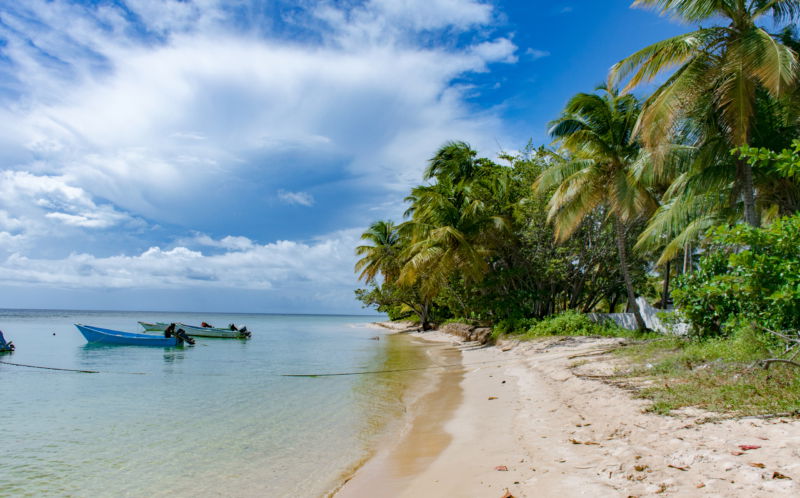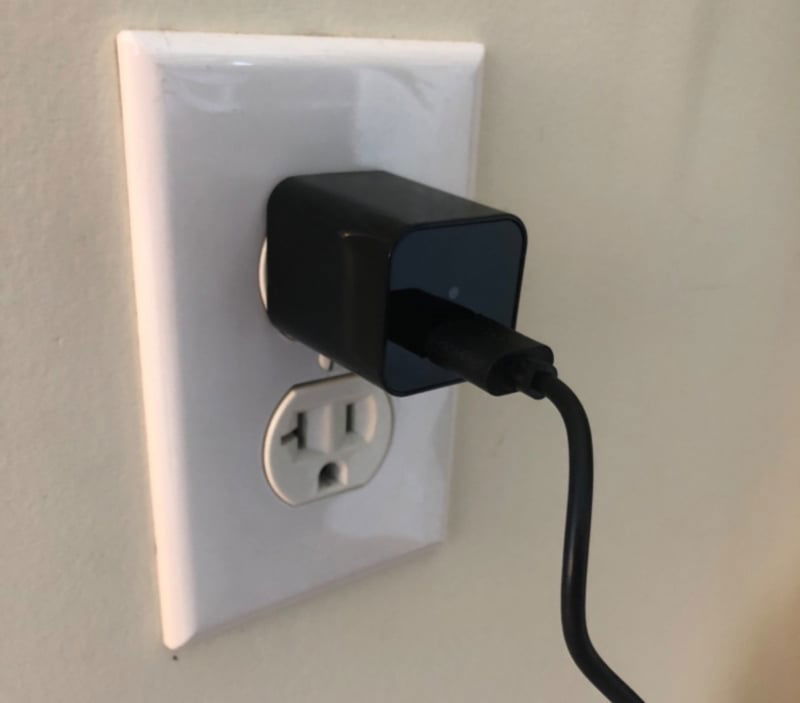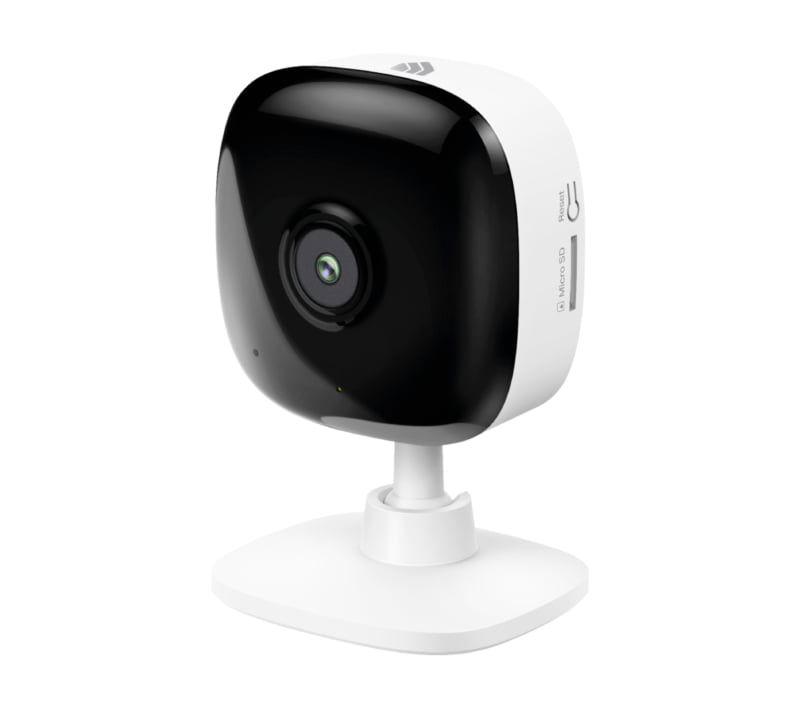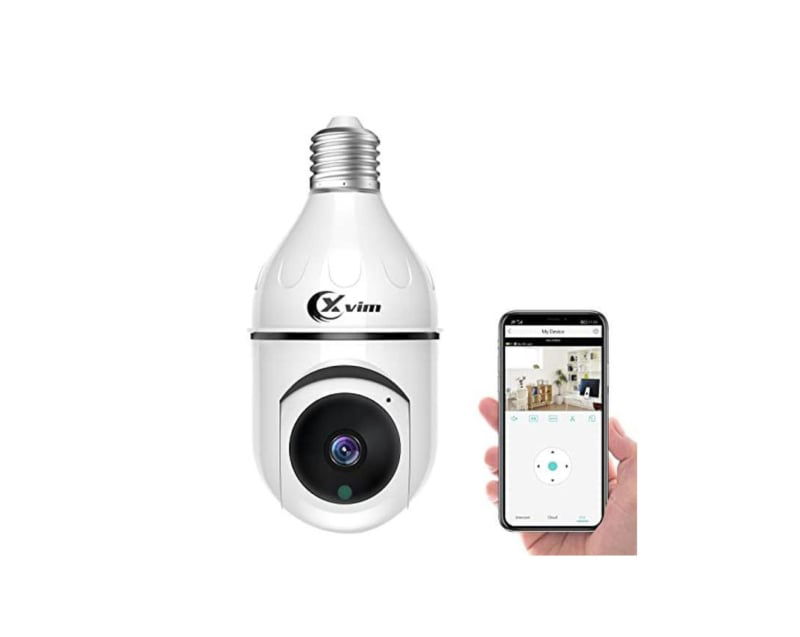My Airbnb Rental Was Broken Into. Now What?

Recently I spent a weekend at an Airbnb, only to find out that the villa had been broken into on our last night’s stay while we were out having dinner. Thankfully nothing of value was stolen. Even though we left items such as cameras, tablets and other expensive devices around our rooms, the intruder took less important things such as colognes, cigarettes, a few items of clothing and a pair of sandals. It’s obvious they looked for items that could easily be pocketed and resold.
The circumstances behind the break-in were suspicious. Even after locking up the house top to bottom, none of the locks, doors or windows were damaged, so we speculated that the intruder could have been someone with access to the house. The housekeeper or groundsperson? That’s unfortunately as far as speculation goes, because without any CCTV cameras to show illegal entry, it’s really anyone’s guess as to what happened. The matter was reported to the police and the incident is still being investigated, but with no solid evidence to work with, it’s just another cold case that will get swept under the rug.
The matter was brought to Airbnb’s attention, but I did not expect much to be done as home invasions and robberies can take place no matter how much security is put in place. Even though Airbnb claimed that action would be taken, they could not disclose what exactly would be done as it would violate the renter’s privacy. In their last response to me, they said:
Action has been taken accordingly on the host. For any report we received we take action on. rest assure we have taken and action just that you can’t see it because it not your account, and we can’t share no one personal information. Due to our privacy policy.
Again, thanks for taking time to report this incident. We’ve taken action to help Hosts and guests protect their community. That wouldn’t have happened without you.
What about compensation? Should the home owner be penalized? Should we write a bad review?
The reality is that unless your case is extremely severe where the company’s (already declining) reputation could be at stake, Airbnb won’t do much other than say they’re sorry for what happened and that they will do their best to manage the situation. The whole incident served as a learning lesson as to what to look for in future rentals, and what could be done to better protect yourself (whether it be Airbnb, VRBO or any other rental marketplace). In this article, I will try to cover as many angles when it comes to picking rentals, what could be done to minimize losses, as well as way to protect yourself while on the trip.
In This Post
Research your area of stay
You’ve found a nice rental that fits your likes and budget, but what about the general safety of the area? In my case, I stayed in an area that I was familiar with prior to the pandemic. Most of the homes in the areas were dedicated Airbnb houses, and based on my prior trips, it was generally quite safe to venture out even late at night.
However during my last stay, we noticed lots of shady characters either aimlessly walking up and down the streets, or driving by during the night. It turns out after a bit of questioning, the area we stayed in gained a bit of a bad reputation after some tourists were either robbed, or had their rentals broken in to. Was this the case in our situation? Who knows.
The best advise in situations like this is to turn to Google. Look up the general location and try to find out about topics like the general safety, if there are recurring crimes taking place in the area, and what tourists should prepare for. There are also many travel-based message boards where users share personal experiences, the most popular being on the TripAdvisor forums. I’ve found information on pretty much anything such as whether it’s safe to bathe at a certain beach, hidden places to visit, information about crime and general safety, among other things.
If you can’t find a topic concerning your stay, post a new thread and maybe someone else might be able to chime in. Facebook travel groups also tend to come in handy in situations like this as well.
Check rental security options
Security cameras
Airbnb (and other) rentals generally do not have cameras within the premises, especially with the rise in cases of hosts being caught spying on guests inside their rentals. With that in mind, some hosts still have cameras covering the outskirts of their rentals (or maybe the entrance to their apartments.
Almost all rentals will have a disclaimer saying that their are no cameras on the property, but there is no harm in asking the host whether there are at least external security cameras (e.g. covering the outer premises or pathways). At least these setups could show proof of intruders entering the property (and potentially assist in identifying them). If cameras are not an option, continue reading further down to find out how to set up your own for your stay.
Safe or lock box
If you are really concerned about storing valuable items while going out, check for properties that offer safes (or worst case some type of lock box). Most safes can easily store items such as passports, cameras and tablets, with bigger models being capable of fitting smaller laptops. Check with the host to find out the dimensions if they do offer the option.
Set up personal hidden video cameras
Since most rentals do not offer CCTV systems, personal portable cameras may be another option. Amazon has a ton of easy to carry around cameras which can be easily mounted in hidden or far to reach locations. Almost all of them have the option to record footage onto an SD card, while some of the more advanced options allow access via Wi-Fi and the internet if you prefer to monitor remotely or be alerted if there is motion detection. If you’re staying with another person in your rental, be sure to let them know if you plan to use cameras and show them where they will be positioned.
Here are my three quick picks.
USB Spy Camera Charger
This is one of the simplest and smallest devices. It can be set up to record in either a loop or motion detection mode, and will start recording once it is plugged in to a wall outlet. Capable of storing up to about 8 hours of footage, the USB camera does offer the functionality of a charger, masking its appearance to the less trained eyes. It does not have any Wi-Fi capabilities but video can be replayed via the SD card, and can come in handy in identifying someone who may be tampering with your items in pretty much any space where there is a wall outlet.

Kasa Smart Security Camera
The Kasa smart camera is a bit bigger and a bit more advanced, offering sound and motion detection recording, and even a night vision mode good for about 30 feet of visible coverage. This camera has a bit more positioning flexibility as there is a 10 foot cord included in the kit, and a live stream could be set up via compatible Alexa or Google devices.

XVIM Home Security Bulb Camera
The XVIM bulb camera offers similar functionality like the above options, but rather than plugging into USB or wall power, it can be screwed into any standard light socket and positioned accordingly via the accompanying mobile app over Wi-Fi. The unit can either record video to an SD card or to a cloud service, with live streaming options to the attached mobile device.

Secure high value items
Besides the option of locking personal items and devices in a safe or lock box, it is “generally” recommended that you keep possession of important documents and money when going out. I always walk around with my keys, wallet and passport, so at least if something does go awry, I could still handle administrative issues easily. Cell phones, cameras and tablets can always be replaced, but it’s much more of a headache if your money and passport go missing. The one exception might be when walking around rough neighborhoods, but that’s another risk by itself.
Some might see this as debatable but if I do rent a vehicle while traveling, I typically go for a sedan so that I can store items in the trunk whenever I’m leaving the rental. Someone attempted to break into your car may quicker try to take what is inside the cabin rather than spend time picking the trunk lock. It’s not a foolproof plan, but it is more of a hindrance.
Buy travel or renters insurance for high value items
Generally, it is very difficult to get any sort of compensation from Airbnb if your items are stolen, and you’d have to have a really good case to convince them that compensation is necessary. Rather than fighting an uphill battle, take the easier road and get travel insurance to cover your stay. It might seem like a waste of money, but the claims process is much easier and faster versus trying to take it up with Airbnb alone where your odds of compensation are extremely low. Be sure to find a plan that is best suited for Airbnb type-rentals so should something unfortunate happen, you don’t get caught with your hands tied.
Some higher end credit cards also have insurance options bundled in. Be sure to explore these options as well, because you’re paying for it regardless of whether you use it or not, so might as well use it!
What to do if my rental was broken into?
If you discover that your rental has been broken into, stop for a minute and go into crime scene mode.
Don’t interfere with crime scene
Before digging around to see if any items have been stolen, take as many photos as possible. Try to capture as much visual information about the layout of your bedrooms and bathrooms, and any other areas where you remember storing items of value. Take pictures of the general scene where there appears to be forced entry, and avoid interfering with those areas in case the police need to conduct further forensic analysis.
After you’ve finished taking pictures, assess what may have been stolen. This means even checking through all your clothing, as one of my friends had several pants taken from his bags. Also look out for any evidence of items that may have been left by the intruder as it could be used to identify them if the case is pursued.
Contact your host as soon as possible
Once you’ve confirmed that there was a break in, get in contact with your host as soon as possible, preferably by phone. Explain the situation and seek their guidance. You should also push for added security measures such as having some type of security presence for the rest of your stay, or maybe even being re-accommodated at a nearby hotel.
Contact the police and file a report
If you plan to file a claim for items lost and want to seek other types of compensation, it is very important that you file a report with the local police. Without this, Airbnb, the hosts, and other related insurance agencies will not be able to help you with your claim. Besides collecting information about the break in, the police will most likely visit your rental to physically assess the situation. Even if nothing comes out of the report, at least you will still have it to accompany your insurance claim.
Report the incident to Airbnb (or whatever agency you booked with)
Regardless of the outcome, the incident should be brought to rental agency’s attention. A serious situation could spell bad PR news for the company, so they may want to work with you to avoid having bad news reach public media. If the situation is extremely serious, you may want to speak to an attorney to find out if there is any other legal action that can be taken.
What about a written review?
Break ins and home invasions can happen to anyone, even with the best security measures in place. I would write a review about the situation depending on whether or not the host and/or Airbnb are able to work out a favorable situation. If they are able to improve safeguards to protect future guests and/or provide some kind of compensation, I might be willing to let the incident rest. However, if the investigation bears no real results, leave a review highlighting the experience at the stay (whether it was good or bad), and also mention the fact that there was a break in and give a summary of what happened.
Your review should not include any assumptions as that job legally should be left to the police and Airbnb to figure out. The review will however serve as a warning to future guests and should be enough to convince the property owner to improve security measures at their stay (or at least that is the intention).
[Featured Photo: Bradley Wint/Gate Checked]



